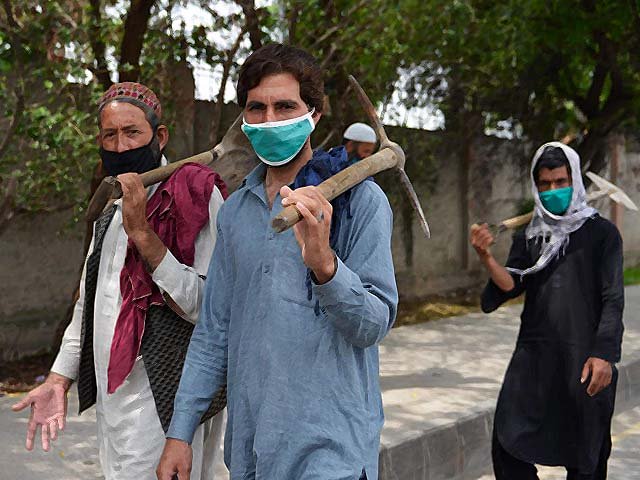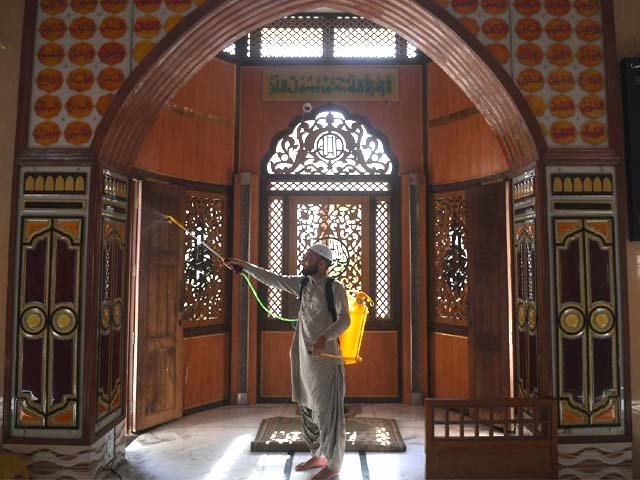
Just another open letter to male rights activists
I appreciate you taking a stand for me and my rights as a male, Ms Umnia Shahid, but the boys and I will be just fine.
I regret commencing my response to Ms Umnia Shahid’s article in a manner that sounds as bitter and sardonic as the original, but I beg your pardon and hope that you bear with me.
I want to acknowledge your efforts on behalf of my brethren. Really, I do. Your concern for the welfare of men like me is appreciated, but your version of male rights activism has validated my stance regarding the immense importance of ‘modern’ feminism.
Ideally, I shouldn’t be writing this letter at all. I claim no authority over the subject of women’s issues, and this response may almost certainly have been better penned by the very women from whom I draw my inspiration. But had a woman written this piece instead, she would’ve indubitably been condemned as a shrill man-hater, and subjected to vitriol and grave bodily threats that I – vested in male privilege – am seemingly immune to.
Men, women, we all suffer; but as it turns out, not equally so.
I wouldn’t deny you your experience, but I personally haven’t come across many feminists who argue that ‘only’ female victims of sexual abuse merit any attention. I do not know the source of your statistics regarding sexual abuse in ‘third world countries’ affecting boys and girls equally, but let’s assume that they’re true. But is the rapist equally likely to be a woman too?
It is this part of the picture that, when exposed, draws in the fiercest allegations of misandry. It happens when a feminist talks of the sense of entitlement nurtured among men in our society, and sexual harassment being minimised as a case of ‘boys being boys’. One is promptly counterpunched with a torrent of obfuscatory remarks intended to downplay the major role of men in a culture of sexual abuse.
This obfuscation is every bit as perverse as an internet jingoist arguing that Sunnis also get killed in Pakistan, not just Hazara people; or that Muslims also get lynched in this country, and not just Christians; or that Hindus also get attacked in India, not just Indian Muslims. Although not factually incorrect, such statements expose a harrowing level of ignorance about the dynamics of power in our society, both presently and historically, which I’m not sure anyone can explain in 850 words or less.
And is there something to be said about the society’s reaction to sexual exploitation? If I were to be molested tomorrow, I doubt my clothing would come up on the discussion table the morning after. I wonder if many would inquire whether the top five inches of my shirt were unbuttoned. They sometimes are, and my chest hair may or may not be visible. Scandalous, isn’t it?
Then there’s the idea that there’s a smaller percentage of women toiling away in sweat shops than men. Again, I wonder if there are statistics to back this claim. The garment industry in Bangladesh, for example, has its three million member workforce comprising mostly of women. We’re assuming, of course, that the cultural taboo against women leaving their homes to earn independently has been successfully annulled. We’re also assuming that the myth that women make sub-par workers and are best utilised for domestic work, has been laid to rest in the developing world.
Let us not proceed beyond third-world sweatshops, to notice the dearth of women in higher ranks of the government, where seats aren’t reserved for them. Or the fact that the upper tiers of the corporate world are almost wholly occupied by men, and only 20 of the fortune 500 companies have women CEOs. It must be entirely coincidental that the most powerful positions in the world are dominated by men, and utterly serendipitous that this inequality doesn’t prop up a larger politico-economic system tilted in men’s favour.
Seemingly unaware of what feminism truly aspires to achieve, Ms Shahid huffs and puffs and blows down one feminist straw-man after the other; these vicious caricatures who hate men, believe that women are weak and unable to think for themselves, and want everyone to adopt the same lifestyles as them.
No, feminists don’t think women are weaker, or feebler, or needier. Feminists believe that women are people like everyone else, but are subjected to systemic oppression. Yes, men and women aren’t identical in every way, but not different enough to adopt fixed gender roles. No, feminists don’t want you to follow a specific lifestyle. They’re fighting for women’s freedom to choose their own lifestyle. Including yours.
There is so much more to be said here. But frankly, when we’ve devolved to calling these activists ‘feminazis’ – equating a movement for rights and freedom of women, however misguided it may sound to you, with the killing of six million people in the second world war – then the boulder that we’ve been pushing up the mountain for decades, has clearly rolled all the way back to the base quarry. Let’s start from the beginning: “Women are people…”
I am not being flippant when I say that I appreciate you taking a stand for me and my rights as a male. I do not accuse you of taking a path of least resistance by appeasing male chauvinists, or being a traitor to your gender. I have no reason to suspect that what you’re saying isn’t coming from a place of sincerity. Lamentably, it’s also coming from a place of ignorance.
Thanks, Ms Shahid. The boys and I are going to be just fine.
[poll id="532"]




COMMENTS (13)
Comments are moderated and generally will be posted if they are on-topic and not abusive.
For more information, please see our Comments FAQ